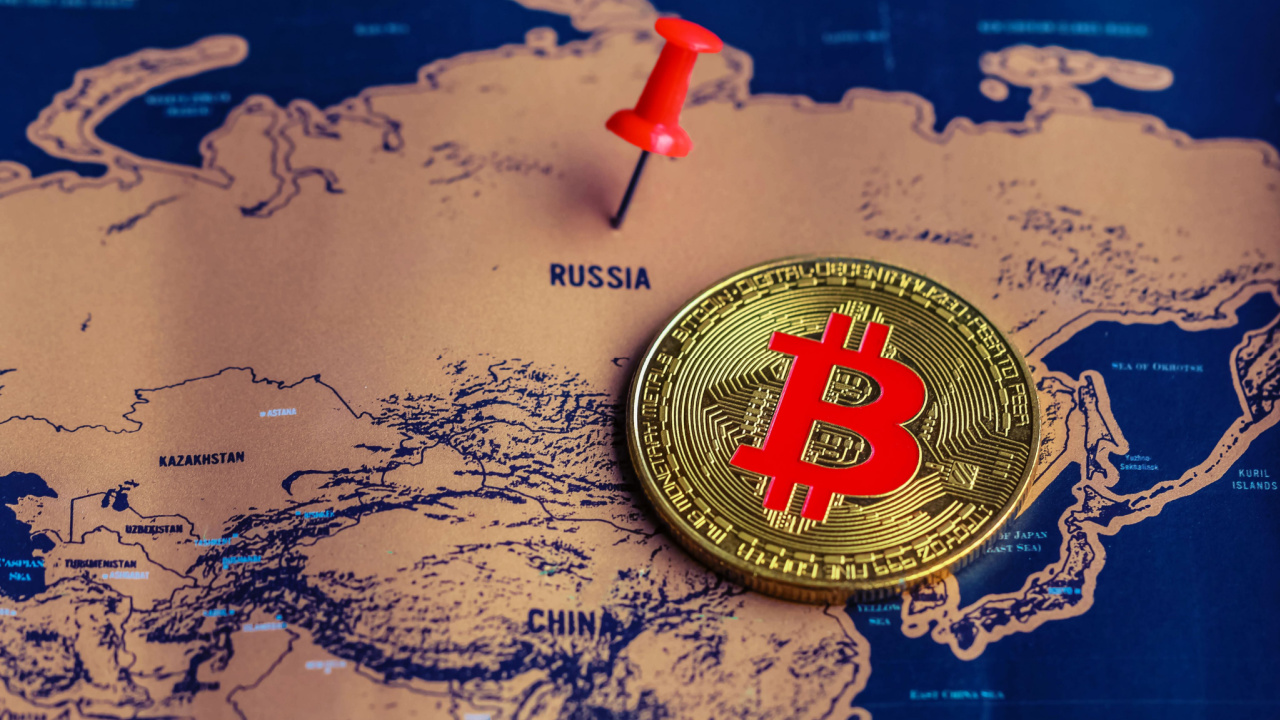
Cryptocurrency mining should be allowed in regions with excess energy and banned in regions experiencing deficits, say Russian officials preparing to legalize it. Crypto industry experts have recently marked areas where Moscow is likely to authorize mining and areas where it is likely to ban digital currency extraction.
Experts have listed the regions of Russia most suitable for crypto mining and those they expect to ban
Russia’s Central Bank and Ministry of Finance recently agreed on a bill to regulate cryptocurrency mining, which should be adopted by the end of this year. Lawmakers working to complete the bill have indicated that this industrial activity should only be allowed in parts of the vast country that can produce more power than needed.
One of them, Anatoly Aksakov, chairman of the Congressional Financial Markets Committee, said that energy-intensive processes should be banned in other regions facing power shortages. The deputy assured that the respective bills will be submitted to the State Duma in the near future, and also called for regulating mining and cryptocurrencies at the same time.
The idea of authorizing the minting of digital coins only in areas where there is a stable surplus in power generation is not new. A proposal in the same direction was made by the Russian Ministry of Economic Development in February, which also proposed introducing “acceptable” electricity rates for miners.
Roman Nekrasov, co-founder of the ENCRY Foundation, which represents IT companies providing services in the field of blockchain and technological innovation, said which regions of Russia are most likely to be allowed to host crypto mining operations He shared his predictions with RBC Crypto on which regions of Russia are most likely to be allowed to host crypto mining operations. He also listed those where miners would most likely not be welcome.
Mining would be allowed in areas with hydroelectric and nuclear power plants, he told the crypto news outlet. These include Irkutsk and Krasnoyarsk oblasts, which have many hydroelectric plants, and Tver, Saratov, Smolensk, and Leningrad regions, which have nuclear power plants.
Minting of digital currency will probably be banned in the capital Moscow and adjacent Moscow Oblast, Belgorod Oblast, and the historically energy-starved Krasnodar Krai, Nekrasov explained. The crackdown on illegal mining facilities in Dagestan is also expected to be stepped up. The country is also an area with inadequate electricity supply, and mining is spreading as a popular source of income amid high unemployment.
Crypto industry experts also believe that Russian authorities may allow cryptocurrency extraction in Karelia. However, this could happen under certain conditions, such as requiring mining companies to support the construction of small hydroelectric power plants, Roman Nekrasov remarked. The Karelia region was listed as one of the most popular crypto-mining destinations in Russia in a survey published earlier this year.
Image credits: Shutterstock, Pixabay, Wiki Commons














